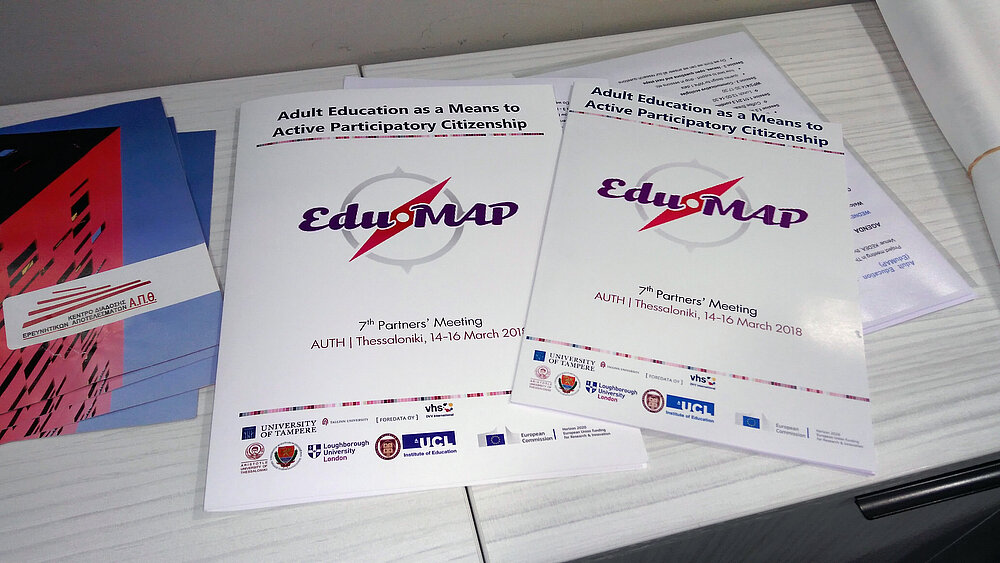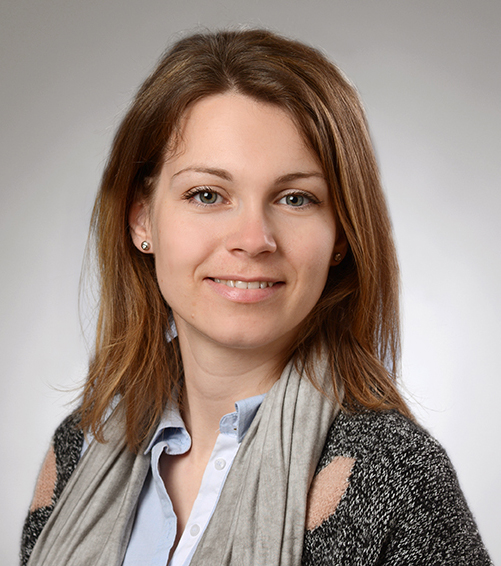Which adult education practices have proven to be successful in order to include young adults at risk of social exclusion and support them in the exercise of active participatory citizenship?
This was one of the research questions that moved us – a pool of European researchers – in the field, keen on accessing and investigating existing education programmes in 19 countries across Europe. From March 2017 to December 2017, we investigated 40 cases and carried out more than 800 interviews among policymakers, adult education practitioners and the direct beneficiaries of the education practices, namely young people between 16 and 30 years of age. DVV International is one of the eight teams involved in the research and contributed by collecting data in Germany, Austria and France.
What has emerged already
From our first analysis, which we are happy to share, some interesting common patterns have already been identified across the spectrum of what are considered to be good practices: Firstly, education programmes prove to be effective in better responding to young people’s needs and in enhancing the development of their competencies to practice active participatory citizenship if they adopt a comprehensive educational approach and address learners in their totality. Despite the variety of groups targeted by the programmes considered and the multitude of specific difficult situations they are experiencing, we identified some common characteristics among the young people interviewed. For instance, they often reported a lack of self-confidence and self-reflection, difficulty in formulating objectives and in pursuing them, or low motivation to be active. As a cause or an effect of their current life situation, these peculiarities should be taken into account in the programme’s design in order to help them overcome the risk of being at the fringe of society.
Supporting participants in their learning process, offering them tailored services, for instance financial, psychological, and social support, is therefore fundamental. A network of supportive services helps them improve their self-esteem, become more aware of their potentialities and strengths, and cope better with the difficult situations they are facing. Against this backdrop, we also observed that most of the programmes analysed involve multi-disciplinary professional teams. Besides technical trainers and traditional teachers, other domain experts, such as psychologists, coaches, and career counsellors are working for or are strictly collaborating with the education providers. Moreover, in dealing with young people in disadvantaged situations, practitioners agreed on the need for a set of soft skills. Empathy, listening and communication skills, positive attitude, flexibility, and previous experience in the sector are key competencies that also contribute to a successful programme’s provision that enables young adults to become more active.
Next steps
We are going to finalise the data analysis phase by the end of September 2018. The results will be used to draw conclusions about favourable field conditions and recommendations about the design of future adult education programmes and related policies.
The research is conducted within the framework of the European project EduMAP – Adult Education as a Means to Active Participatory Citizenship. The research project is funded under the European Union’s Horizon 2020 Research and Innovation Programme, and runs from 2016 to 2019. Learn more at the project’s website: http://blogs.uta.fi/edumap/




